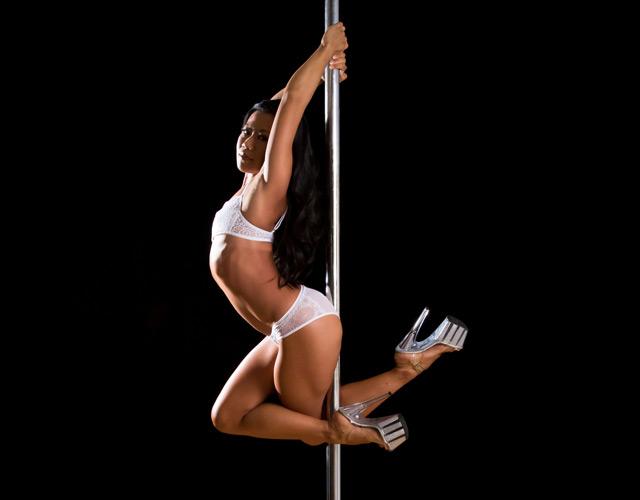People lie, and pollsters know they lie
People don’t tell the truth to pollsters, and often report that they have voted in the past when records reveal that they haven’t.
We recently surveyed 8,567 registered voters using state voter files, and asked each respondent to describe his or her voting behavior in detail.
We then compared each person’s survey response to his or her public voting history, measuring how often people say they vote, versus how often they actually vote.
The survey results were stunning: 78.1 percent of the poll’s respondents over-reported their actual voting histories.
Voting respondents fell into three main groups: those who vote in every election, those who vote only in presidential and midterm elections, and those who vote only in presidential elections. In each of these three categories, a majority of respondents over-reported their actual voting histories. Only among people who said they “never vote” did we find a majority of respondents telling the truth.
These findings highlight a particularly strong “social desirability bias” with respect to voting habits: survey respondents answer in a way they think will be viewed favorably by others, rather than simply answering truthfully.
While pollsters have known about (and tried to control for) this phenomenon for some time, this new study reflects just how pervasive this problem is throughout the electorate.
If the overwhelming majority (nearly 80 percent) of registered voters are over-reporting their past voting habits, even larger numbers of voters could be over-reporting their intent to vote in upcoming elections.
Not only can people lie about whether they vote or not, they can also lie about who they voted for - and there's no way to check.
https://www.campaignsandelections.com/campaign-insider/voters-are-lying-to-us-here-s-why-it-could-be-helpful
People don’t tell the truth to pollsters, and often report that they have voted in the past when records reveal that they haven’t.
We recently surveyed 8,567 registered voters using state voter files, and asked each respondent to describe his or her voting behavior in detail.
We then compared each person’s survey response to his or her public voting history, measuring how often people say they vote, versus how often they actually vote.
The survey results were stunning: 78.1 percent of the poll’s respondents over-reported their actual voting histories.
Voting respondents fell into three main groups: those who vote in every election, those who vote only in presidential and midterm elections, and those who vote only in presidential elections. In each of these three categories, a majority of respondents over-reported their actual voting histories. Only among people who said they “never vote” did we find a majority of respondents telling the truth.
These findings highlight a particularly strong “social desirability bias” with respect to voting habits: survey respondents answer in a way they think will be viewed favorably by others, rather than simply answering truthfully.
While pollsters have known about (and tried to control for) this phenomenon for some time, this new study reflects just how pervasive this problem is throughout the electorate.
If the overwhelming majority (nearly 80 percent) of registered voters are over-reporting their past voting habits, even larger numbers of voters could be over-reporting their intent to vote in upcoming elections.
Not only can people lie about whether they vote or not, they can also lie about who they voted for - and there's no way to check.
https://www.campaignsandelections.com/campaign-insider/voters-are-lying-to-us-here-s-why-it-could-be-helpful




